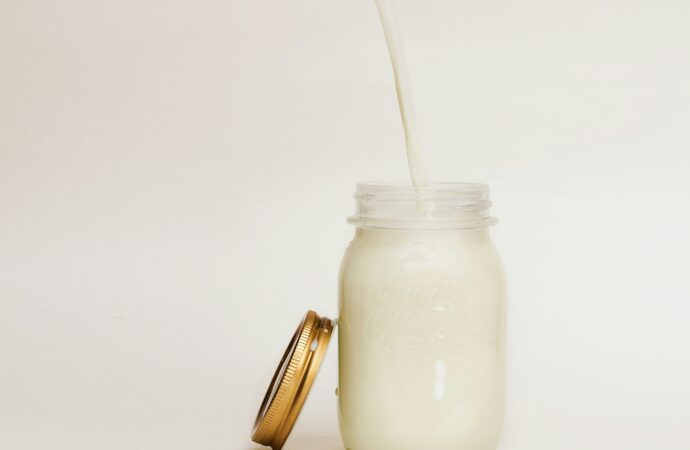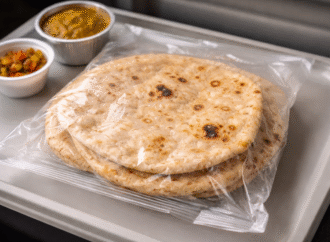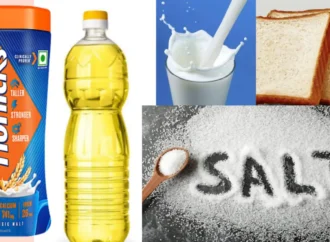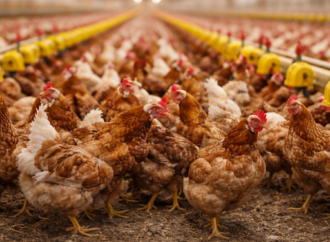In a recent development, the Tamil Nadu Food Safety Department has intensified its efforts to curb the illegal sale of human breast milk. This crackdown comes in response to an advisory issued by the Food Safety Standard Authority of India (FSSAI) against the commercialization of human milk.
Seizure of Human Milk and Powder
During surprise inspections, food safety officials discovered 40 bottles of breast milk stored in freezers at a medical supplies store in Chennai. Notably, both this establishment and a private hospital procured the milk from the same distributor based in Bengaluru, Karnataka. The department seized a total of 350 bottles of human milk and 900 packets of human milk powder from a firm located in Arumbakkam and the aforementioned private hospital.
Testing for Safety
The food safety department has sent the seized samples for testing to determine the safety of the milk for consumption. The Bengaluru-based distributor will receive a notice requesting an explanation, and if they fail to respond, the authorities will take appropriate action against the firm. In Chennai, 18 teams are actively conducting inspections to enforce compliance with the FSSAI’s guidelines.
FSSAI’s Advisory
In its advisory issued on May 24, 2024, the FSSAI clarified that it has not permitted the processing and sale of human milk under the Food Safety and Standards Act, 2006. The commercialization of human milk and related products must cease immediately, and state and central licensing authorities are instructed to deny licenses or registrations to firms involved in the illegal trade of human milk.
Ensuring Proper Channels for Breast Milk
R. Satheeshkumar, the designated food safety officer for Chennai, emphasized that if sick babies require breast milk, they should obtain it from licensed human milk banks in hospitals, following proper prescriptions. The crackdown aims to prevent unauthorized sales of milk and protect public health.
As the authorities continue their vigilance, it remains crucial to uphold the safety standards surrounding breast milk and ensure that it reaches those who truly need it through legitimate channels.
 Food Manifest
Food Manifest 


















